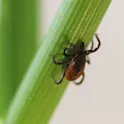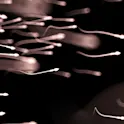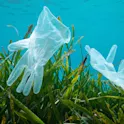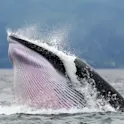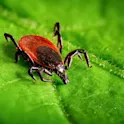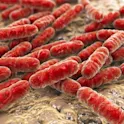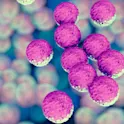Simple blood test shows promise for screening common and dangerous pregnancy complications
By Angharad Brewer Gillham, Frontiers science writer Image/Shutterstock.com Scientists find that short-chain fatty acids in blood can be used as biomarkers in testing for dangerous pregnancy complications such as pre-eclampsia, gestational diabetes and intrahepatic cholestasis of pregnancy. Scientists at Ningbo University, China have identified biomarkers that could provide an early warning system for three common and dangerous pregnancy complications: pre-eclampsia, gestational diabetes, and a liver condition called intrahepatic cholestasis. All three conditions are dangerous; early diagnosis and treatment is key to preventing poor outcomes and lifelong consequences. Their causes are not fully understood, and nor is their connection to the gut microbiome, which is affected by pregnancy and pregnancy-related conditions. A team led by Dr Siqian Chen at the Affiliated Hospital of Medical School decided to investigate whether specific changes in the microbiome — detected using levels of short-chain fatty acids, metabolites which are produced following the fermentation of microbiota — could be used as biomarkers for pregnancy complications. “We analyzed and correlated the distribution of short-chain fatty acids during normal pregnancy and during three specific types of complicated pregnancy, gestational diabetes, pre-eclampsia, and intrahepatic cholestasis,” said Dr Rongrong Xuan, senior author of the study, published today in Frontiers in […]
